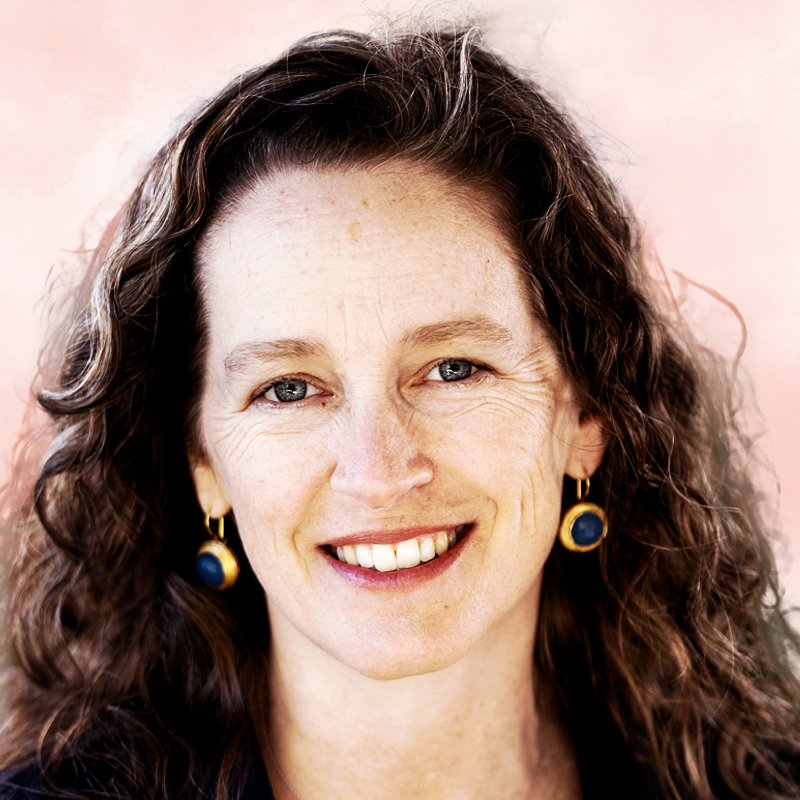Julia Olson is the founder and executive director of Our Children’s Trust, the nonprofit public-interest law firm that this year represented 16 young people in a landmark successful lawsuit against the Montana government for failing to protect kids’ right to a clean environment by promoting the continued use of fossil fuels. In challenging states’ inaction on climate change, Olson has sparked a new wave of environmental activism that demands accountability from both public and private sectors in the pursuit of a clean and sustainable environment for future generations.
Where should climate activism go in the next year?
Following the first-ever constitutional climate trial—and victory—in U.S. history, climate activism should increasingly focus on our courts. Children are most harmed by climate change and have the least amount of political power. Young activists must turn to the judiciary to protect their constitutional rights to a safe climate, holding governments accountable and demanding decisionmakers follow what scientists say is necessary to stabilize our climate: limiting CO2 [emissions] to less than 350 parts per million. Our Children’s Trust represents the Montana youth who won this year, plus 14 youth headed to trial in Hawaiʻi next summer. Youth-led climate litigation is making history.
What’s the most important climate legislation that could pass in the next year?
People in Arizona, Colorado, Michigan, Nevada, Ohio, Oregon, Florida, and other states can amend their constitutions by ballot initiative to protect children’s inherent human rights to a healthy environment, a stable climate, and to end fossil fuels. To create enduring non-partisan legislation for a clean renewable energy transition, we first need constitutional standards to protect human life, liberty, and property and children’s equal protection under the law. Children’s right to life, health, and safety must be enforced in courts so that all government policies do the work of decarbonization on the urgent timescale scientists tell us is necessary.
What sustainability effort do you hope will gain popularity with the general public this year, and why?
I hope the public will lean even more into demanding systemic changes essential for sustainability, especially from governments. Failure to plan at a systemic level is a plan to fail. Mark Jacobson, professor of civil and environmental engineering at Stanford University, has developed clean renewable energy pathways for every state and nearly every country. Let’s start implementing plans now for full decarbonization and an end to the fossil-fuel era by 2050. It will save money on energy bills, transportation, and health care, plus trillions of dollars from climate damage. Best of all, it allows us to reclaim the health of our communities for our children.
- Donald Trump Is TIME's 2024 Person of the Year
- Why We Chose Trump as Person of the Year
- Is Intermittent Fasting Good or Bad for You?
- The 100 Must-Read Books of 2024
- The 20 Best Christmas TV Episodes
- Column: If Optimism Feels Ridiculous Now, Try Hope
- The Future of Climate Action Is Trade Policy
- Merle Bombardieri Is Helping People Make the Baby Decision
